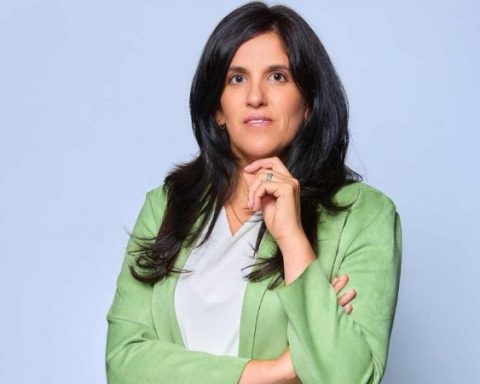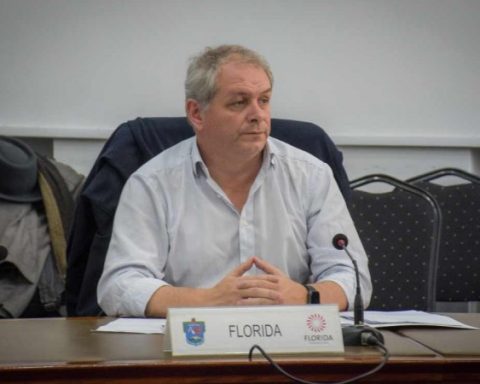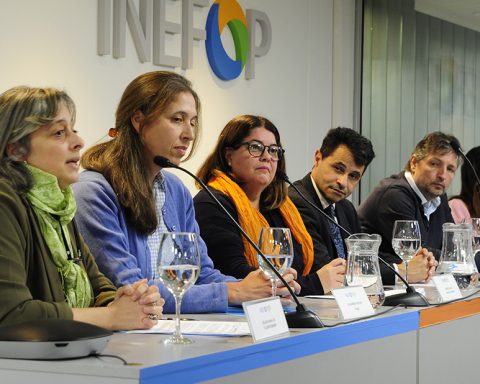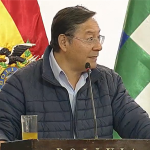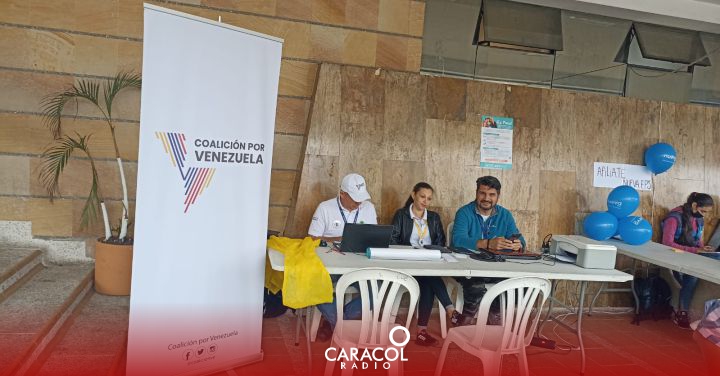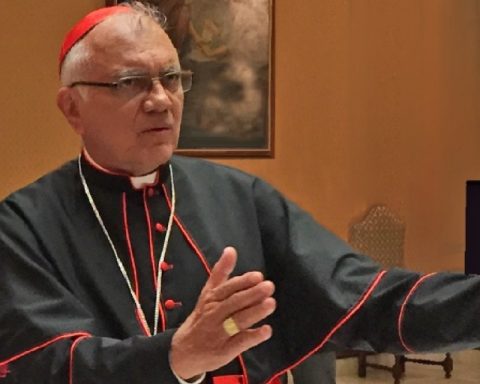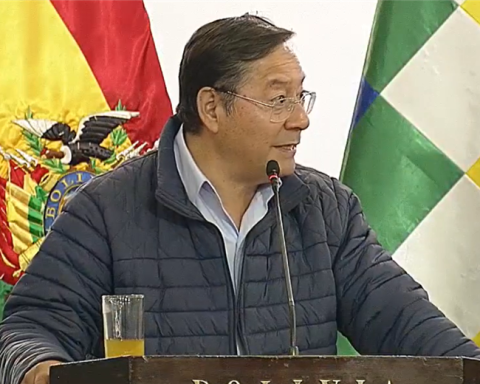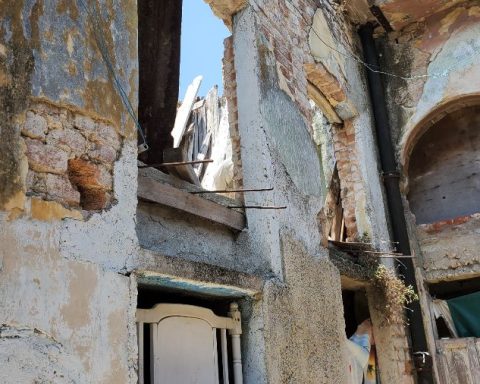“We want to be serious and be among the good students in the class”, The president of the Central Bank (BCU) Diego Labat said this Wednesday to refer to one of the main challenges facing the institution: reduce inflation. During the traditional working lunch organized by the Association of Marketing Leaders (ADM), the head of the BCU focused one of his main messages on reaffirming “the commitment” of the institution to meet the objectives set in this area.
The economist spoke about how high inflation affects long-term growth and negatively affects the daily decisions of companies and all economic agents, who “end up making bad decisions” or not as “efficient as they would like.”
“The best contribution that the BCU can make to Uruguay’s growth is to have low inflation. We care about inflation because we care about growth”, he remarked while illustrating with graphs what has happened in the last 20 years where the average indicator figures of 8% per year.
“Inflation of 8% is not the same as 3% for growth. A country like Uruguay that has difficulties to have higher growth rates requires reforms and changes with a long-term perspective. These serious changes include lowering inflation”, he stated before executives of public and private companies.
In another part of his presentation, Labat reviewed the steps taken by the new monetary policy. Among them, he highlighted the use of interest rates as an instrument of monetary policy and that, according to him, “transmits in the best way the signal that you want to give to the market.”
He also referred to de-dollarization program of the economy and affirmed that “almost all the homework has been done. (…) What we are missing and that is a necessary condition to be able to move forward is to achieve low inflation, something that we do not have today”he acknowledged.
Ines Guimaraens
“This new monetary policy framework is the best regime the country can have. It began to give certain results after a significant jump that we had in the first months of the pandemic, even until it was within the range (3% to 7%). The same thing happened with expectations without reaching the goal we wanted. Monetary policy in Uruguay works, we don’t always get the results we want quickly. The disinflation processes in the region and in the world with countries with a long history of inflation are resolved with perseverance”, stated Labat.
The day after the “wave”
In relation to the acceleration of prices that has occurred in recent months, the head of the BCU stated that “Clearly there are external pressures” that are acting in Uruguay and in the world.
“Before we had high inflation compared to the countries of the region and now we are in the heap. The question we have to ask ourselves is What will happen when this wave passes and those countries start to go down? Is Uruguay going to stay on top again or is it going to accompany the fight against inflation with serious policies?”he asked himself.
He immediately referred to how the countries of the region have reacted to combat the problem, and pointed out that Uruguay has already had seven interest rate hikes. “Clearly the monetary conditions of the pandemic were lax enough to allow activity to return, but the time for that laxity and expansion is over. The time has come to begin to withdraw and to begin to make monetary policy take the direction it has to have”Labat noted.
The BCU decided to start a “contractive phase” (raising the cost of money) of monetary policy on Tuesday to anchor inflation expectations to its policy objective. After the meeting of the Monetary Policy Committee (Copom), the institution’s Board of Directors decided to increase the monetary policy interest rate (TPM) by 75 basis points (0.75%), up to 9.25%.
In addition, in “the path of gradual entry into the contractionary phase of monetary policy, at least two additional increases of 50 basis points (0.5%) are expected in the next Copom meetings.
In Uruguay, both inflation (9.4% in the 12 months to April) and inflation expectations (6.8% in 24 months) remain outside the target range, while economic activity has recovered to levels above of the pre-pandemic, which is reflected in good labor market indicators.
Although a moderation is projected for the second half of the year, it will be quite far from the official goal (5.8%). Both private analysts and businessmen forecast inflation of 8.5% by the end of 2022, according to the latest expectations survey released this Tuesday by the BCU.
“Today we have inflation well above what we would like and this year it will continue like this. We had very ambitious goals for the end of 2024 (close at 3.7%). Surely the convergence to these objectives will be much slower than we would like. What I want to emphasize and express is the commitment to continue advancing towards that place”insisted the head of the BCU.
